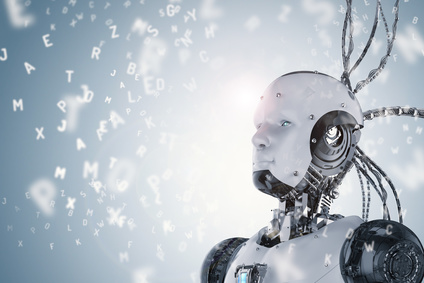Education is crucial for equality in future work
A I • Dec 14,2017


Technology is making everyday life and work much easier, puts workers into contact with customers and allows individuals to build and promote their reputations at low cost. But will salary employment be replaced by gigs and work replaced by robots?
Now a firm’s collective reputation, with the concomitant control of its employees’ behaviour, is becoming less important. Technology can also support employment with standard salary. For example, the on-board computer could change trucking business. According to the experts and economists George Baker and Thomas Hubbard, drivers have little incentive to be as careful with company trucks as they would with their own. They wouldn’t invest in their own trucks because it makes them vulnerable to economic recessions and potential loss of their savings if something happens and, for example, trucks broke down.
Conventional jobs have a lot of advantages when a worker or a group of workers might lack the capital needed to set up a business, business owners might not want their employees to have other bosses and when reputations based on ratings are not every time reliable. Summing up the interim results, it is worth saying that salaried employment will not disappear in near future but it might become less prevalent.
The main concern for many workers all over the world is a threat that AI robots will take human jobs, especially those involving routine tasks. Well, this process is going. Banking transactions are digitised and chatbots are working as customer assistants. These challenges threaten low-salary and outsourced jobs in emerging and underdeveloped countries. The situation in developed countries is completely different. According to the economist David Autor, it benefits employees whose skills complement the new digital tools. The result is that distribution of jobs is made between either high-paying skilled positions or low-paying basic service positions.
While there’re concerns that robots will change the way we work, it’s not completely clear which human tasks computers will be able to replace, and what the effects will be. Computers have made great advances in induction, which starts with specific facts and works toward a general law. Similar techniques are enabling automated facial and voice recognition, diagnosis, and other tasks that previously only humans could perform. But the most difficult tasks for computers involve problems that can’t be routinely programmed. So humans and computers face different challenges.
It’s worth to say that computers are much faster and reliable when they deal with logical and predictable tasks. Machine learning helps to cope with unforeseen situations, provided they have enough data to recognise the structure of the problem. The human brain is more flexible and people with abstract knowledge, that helps to adapt to the environment, will be best-equipped to succeed in the new world. That’s why education is crucial for equality in future work. It gives everyone a chance to gain the necessary skills.
Author: AI.Business
If you like our articles, please subscribe to our monthly newsletter:
[mc4wp_form id=”763″]
Previos Article The future of agritech: automated farms
Next Article Specific AI Training Systems Can Enhance Interoperability of Troops